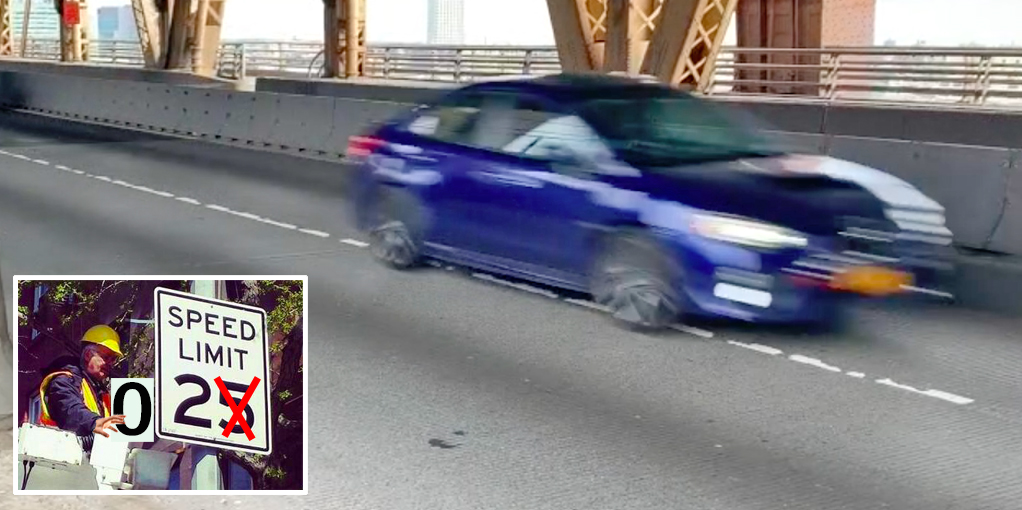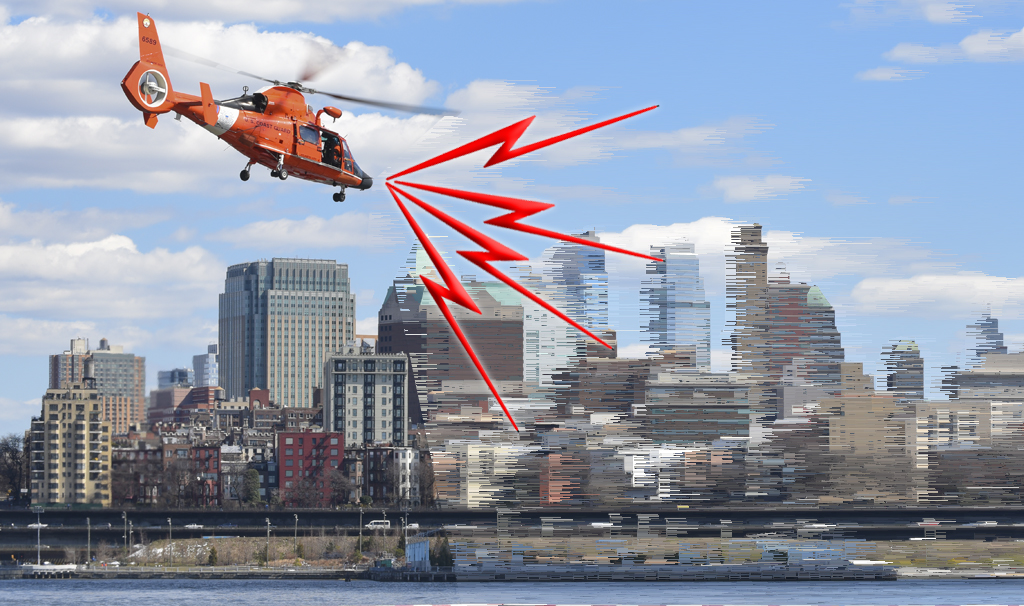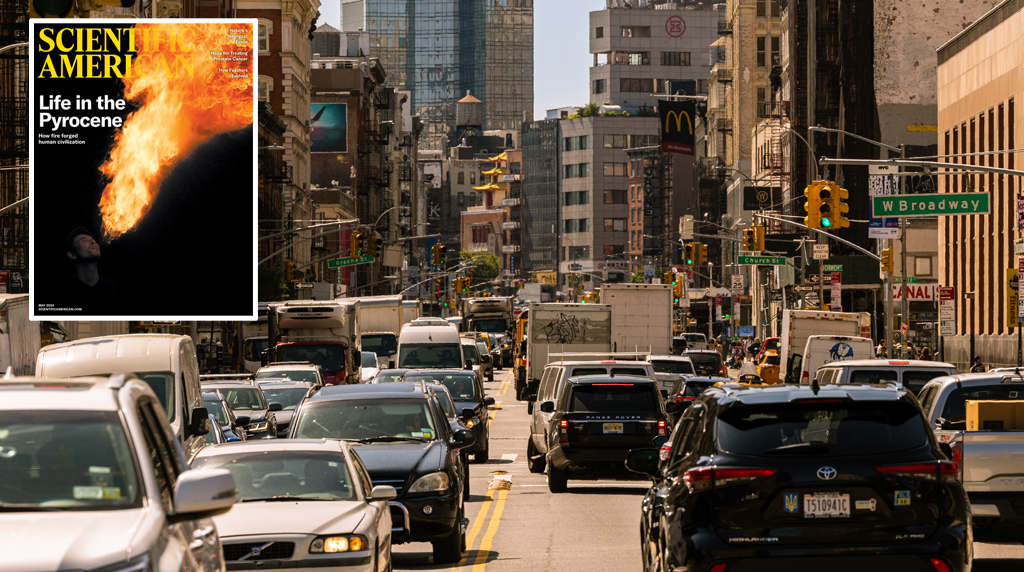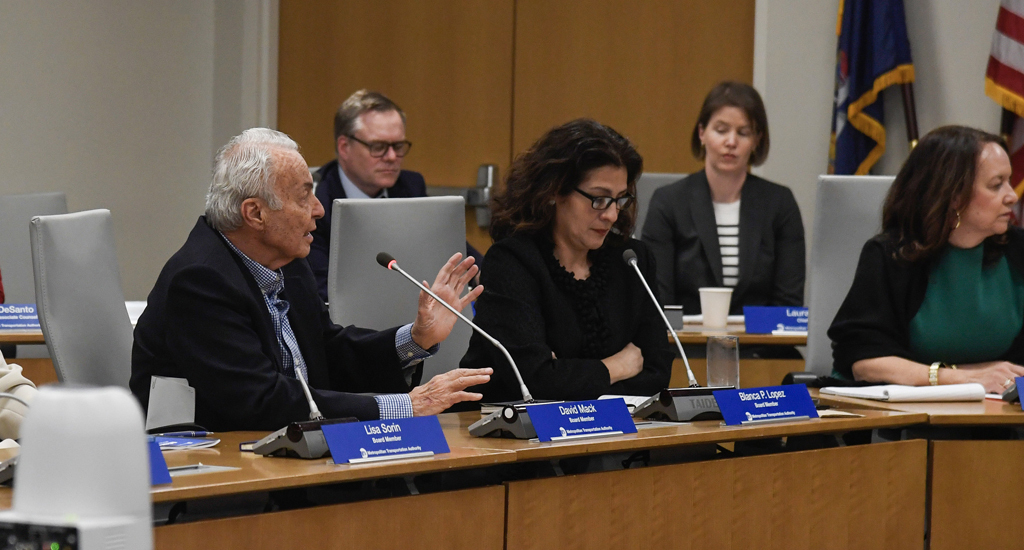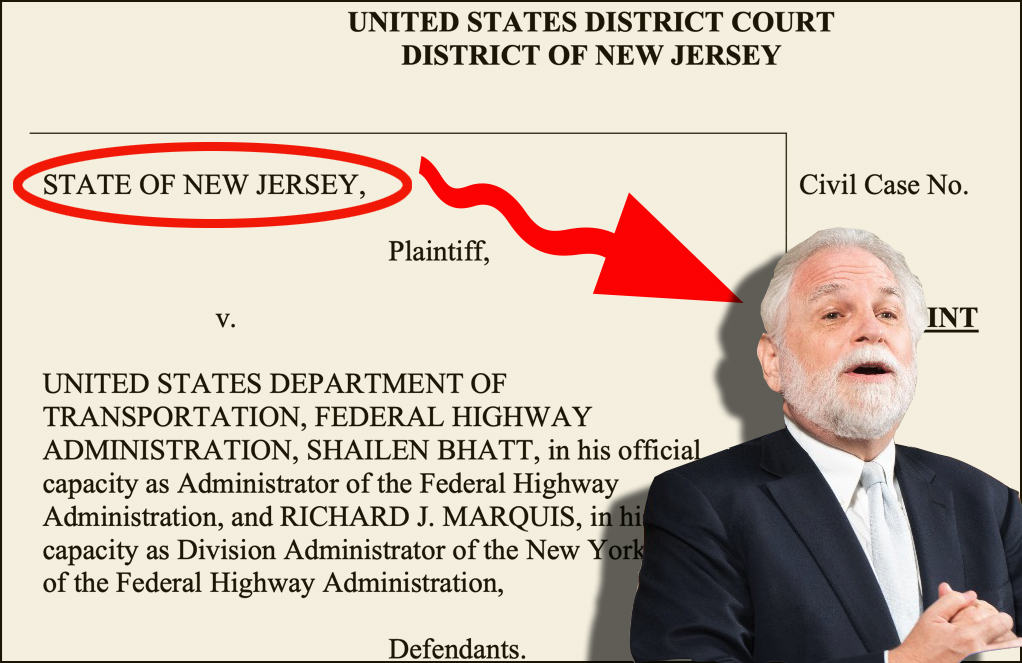
New York State Assembly Members Jose Rivera, Richard Brodsky and Adriano Espaillat
Mayor Bloomberg and the Campaign for New York's Future never really seemed to get that the congestion pricing debate was fundamentally going to be a fight about class, and the widening divide between rich and poor in New York City.
While the Mayor and the Campaign built their communications strategy around little girls with asthma and $500 million in federal funding for transit, opponents hammered away on class issues, arguing that congestion pricing is a "regressive tax," harmful to small business, the middle class and the aspiring middle class. Perhaps a Mayor Weiner or Carrion wouldn't have been as vulnerable to these clearly bogus class arguments. But the billionaire Republican mayor was.
The Mayor and the Campaign should have acknowledged up front that an $8 fee isn't going to prevent Donald Trump from driving in to Midtown if that's what he wants to do. But if CEO's and hedge fund managers are going to drive anyway, let's make them pay every time they decide to do so. And let's take their money and plow it into mass transit for the rest of us, the 95% of weekday commuters who don't use a car to get to work in Manhattan. Congestion pricing is transportation policy that Robin Hood would approve of.
It's probably too late for Bloomberg, but perhaps there are some lessons here for a Mayor Weiner or Carrion. The failure to address the class issue head-on allowed a congestion pricing opponent like Westchester Assembly Member Richard Brodsky to present himself as the defender of the little guy. Frankly, nothing could be further from the truth. Brodsky did no favors to New York City's poor and middle class. He did, however, do a fantastic job of representing the interests of his relatively wealthy, suburban, car-commuting district.
Take a look at the income data from these three State Assembly districts. It's pretty clear who represents the interests of poor and middle class New York City residents and who does not:
Richad Brodsky, congestion pricing opponent
D-Westchester
Assembly District 92
19.6% of residents earn less than $35,000/year
26.6% of residents earn $35,000 to $75,000/year
53.3% of residents earn more than $75,000/year
Jose Rivera, congestion pricing supporter
D-Bronx
Assembly District 78
64.5% of residents earn less than $35,000/year
27.0% of residents earn $35,000 to $75,000/year
8.4% of residents earn more than $75,000/year
Adriano Espaillat, congestion pricing supporter
D-Manhattan
Assembly District 72
63.1% of residents earn less than $35,000/year
28.1% of residents earn $35,000 to $75,000/year
8.7% of residents earn more than $75,000/year
Numbers are based on 2000 census data assembled in 2002 by the New York State
Legislative Taskforce on Demographic Research and Reapportionment.

